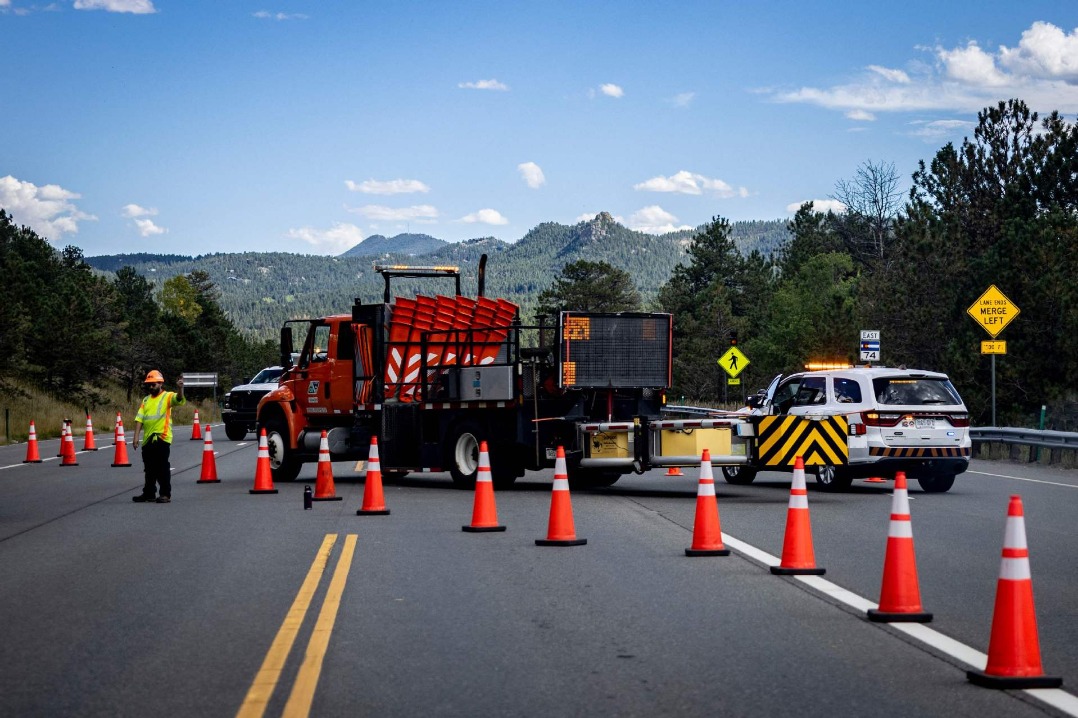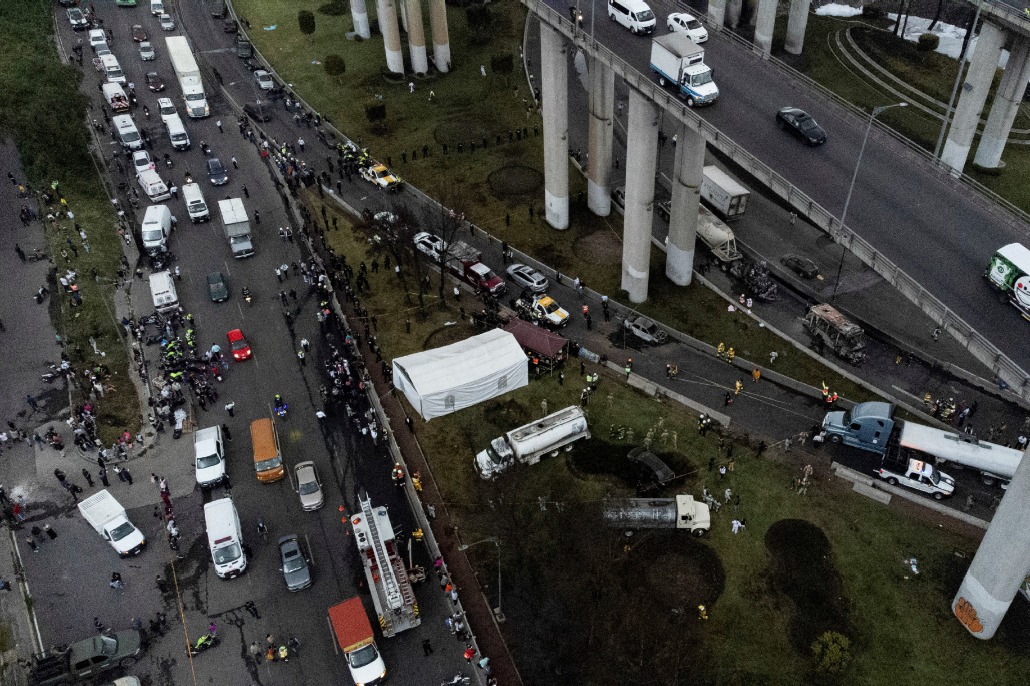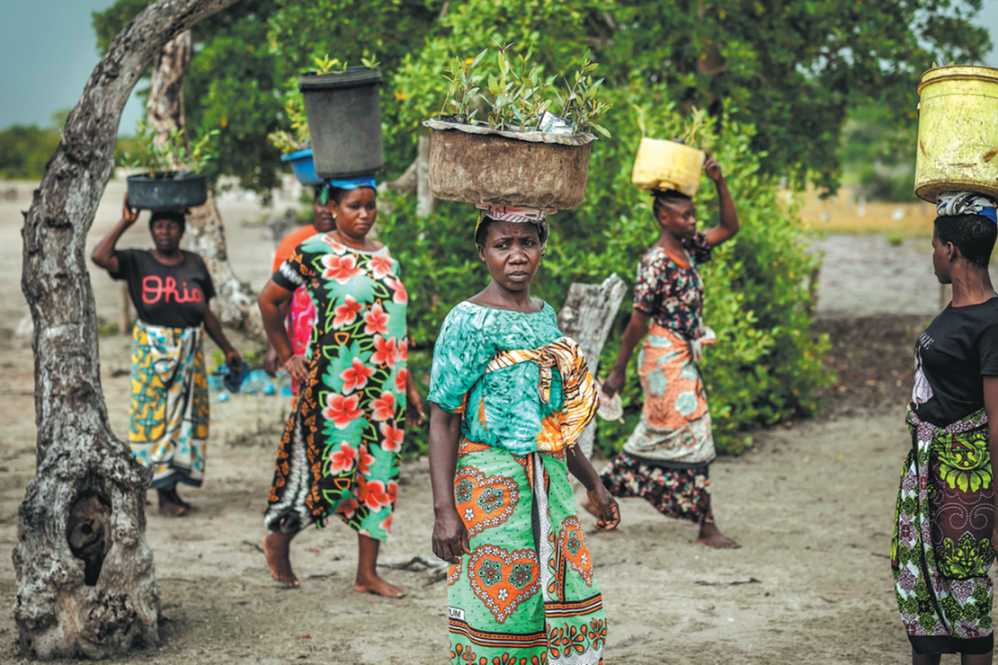Russian-Ukrainian conflict deepens West African food crises

The ongoing conflict between Russia and Ukraine has deepened the food crisis in West Africa, according to a report released by the Economic Community of West African States (ECOWAS), a regional integration body of the 15 West African countries.
Sekou Sangare, ECOWAS commissioner for agriculture, environment and water resources, released a report on Tuesday to the ECOWAS Council of Ministers and Heads of State. He explained that countries including Benin, Cabo Verde, Gambia, Senegal and Togo are heavily dependent on trade with Russia and Ukraine, and have at least 50 percent of their import share in terms of wheat purchase.
"If we look at the national level, many countries will be seriously affected by the crisis in Ukraine. Countries such as Benin, Cabo Verde, Gambia, Senegal and Togo are heavily dependent on trade with Russia and Ukraine for more than 50% of their import share", Sangare said.
The report shows that the dependence of ECOWAS countries on conflict countries makes them even more vulnerable to external fluctuations and threatens the socio-political environment. For example, the rise of chemical fertilizers' prices, for which Russia and Ukraine are the main sources of imports for several countries in the region, is a threat for the next agricultural season.
Russia and Ukraine are two major world suppliers of nitrogen and potassium fertilizers respectively, and they contribute to the supply of compound fertilizer production units installed or suppliers of complex fertilizers in West Africa and the Sahel.
Countries such as Benin, Côte d'Ivoire, Guinea and Sierra Leone import more than 46 percent of their sunflower oil mainly from Ukraine, while Russia has supplied more than 50 percent of fertilizer to Cote d'Ivoire, Senegal, Mali, Niger and Sierra Leone, the report noted.
In a meeting with Russian President Vladimir Putin in June, African Union Chairman Macky Sall said that Africa was "at the mercy" of the war in Ukraine. On his Twitter page following the meeting, he said that president Putin had "reassured" him that Russia was prepared to ease exports of Ukrainian cereals and ensure exports of Russian wheat and fertilizer.
"Our countries, even if they are far from the theatre (of action), are victims on an economic level," Sall said.
According to the United Nations (UN) figures, more than 44 percent of wheat consumed in countries on the African continent comes from Russia and Ukraine. Wheat prices have since soared by 45 percent as a result of the supply disruption, according to the African Development Bank.
Over 18 million people are facing severe hunger in the Sahel, a part of Africa where farmers are facing their worst agricultural production in more than a decade, the UN has warned.
However, Liberian President George Weah also recently spoke on the effects of the Russia-Ukraine war and disclosed that Liberia's economy is dependent on food and oil imports, and is currently faced with rising prices of such commodities as a result of the Russia-Ukraine war.
Weah said the rise in cost of oil will have a severe adverse impact on the environment, as people will seek alternative means for energy, adding that the longer the war in Ukraine persists, the more the environment will be affected.

































